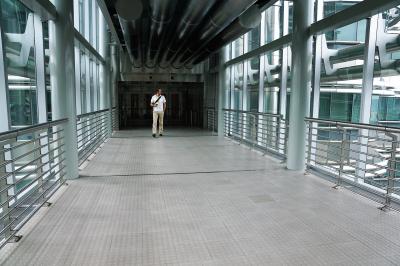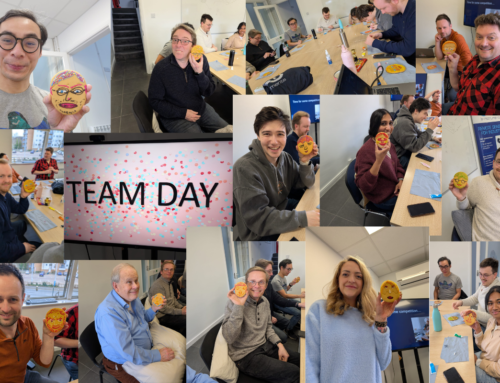
Stereo vision specialists, i3D robotics, has won funding to develop existing intelligent robotic systems to improve production processes within the energy-intensive foundation industries.
The funding is part of the Government’s Fast Start competition under The Transforming Foundation Industries (TFI) programme, overseen by Innovate UK, part of UK Research and Innovation, for the Intelligent Robotic Inspection for Foundation Industry Optimisation (IRIFIO) project.
With the government’s pledge (and legally binding commitment) to reach the net-zero carbon emissions target by 2050, it is necessary to address certain key industries responsible for significant carbon contributions. Transportation and households are the leading emitters. The ‘Foundation Industries’, Metal, Glass, Ceramics, Cement and Chemicals, are responsible for 10% of the UK’s total contributions to carbon emissions, producing 50 million tonnes of CO2 per year, making them by far the UK’s biggest industrial polluters (Innovate UK). These industries still employ production methods largely unchanged since the Industrial Revolution and due to their operation, makes it challenging to introduce changes to streamline processes and enable significant emissions cuts. However, to meet net zero targets, transformational change is necessary.
i3D, a renowned Research & Development company, is teaming up with international materials consultancy Lucideon and Glass Technology Services Ltd, trusted consultants to the glass manufacturing supply chain. This powerful collaboration aims to leverage 3D machine vision systems, machine learning (ML) and artificial intelligence (AI) algorithms to enhance the glass and ceramic production process, building on the successful work in metal manufacturing.
Dr Richard French, Senior Systems Scientist for i3D and Project Manager for IRIFIO, is optimistic about the project’s potential. He states, “The current inspection method limitations in the foundation industries have led to inflexible, time and energy-intensive material production processes. Our proposed solution, with its highly accurate, repeatable production process measurements and in-process, non-destructive testing of materials, is poised to revolutionise this. The result? Improved resource and energy efficiency, and significant cost reduction.”





